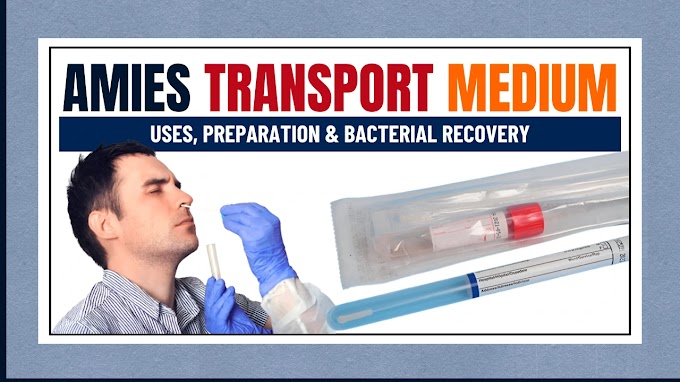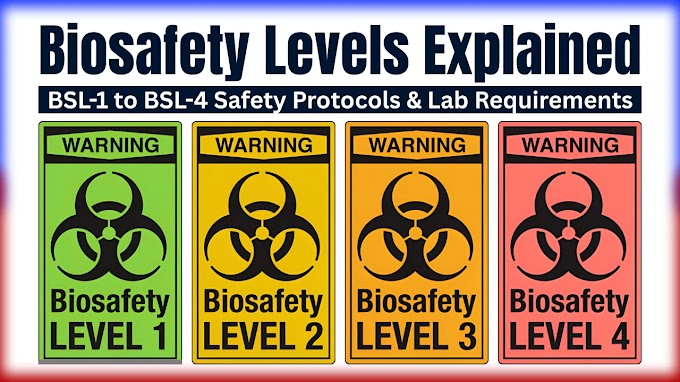Introduction:
Respiratory syncytial virus (RSV) is a respiratory infection that leads to hospitalizations of tens of thousands of individuals annually in the United States. However, a breakthrough has been achieved with the approval of the first-ever RSV vaccine by the U.S. Food and Drug Administration (FDA). Developed by GlaxoSmithKline (GSK), this vaccine is authorized for use in individuals aged 60 and older. RSV can cause severe illness, hospitalization, and even death, particularly among infants and older adults. The newly approved vaccine significantly reduces the risk of developing lung infections caused by RSV, providing a powerful tool to combat the virus.
The Impact of RSV and the Need for a Vaccine:
RSV is a respiratory virus that often presents as cold-like symptoms in many individuals but can have devastating consequences, especially for infants and older adults. Each year in the United States, an estimated 60,000 to 160,000 older adults are hospitalized due to RSV-related lung infections, resulting in 6,000 to 10,000 deaths annually. Older adults with underlying chronic conditions or weakened immune systems are particularly susceptible to severe RSV infections.
Efficacy and Safety of the Approved RSV Vaccine:
In a trial involving approximately 25,000 individuals aged 60 and over, the newly approved RSV vaccine demonstrated its effectiveness. Compared to a placebo, the vaccine reduced the risk of developing lung infections by an impressive 82.6 percent. Out of the vaccine group, only seven individuals developed RSV lung infections, while 40 individuals from the placebo group experienced infections. The vaccine also displayed a remarkable efficacy rate of 94.1 percent in preventing severe lung infections, with only one case reported in the vaccine group compared to 17 cases in the placebo group.
Future Prospects and Safety Monitoring:
The FDA is expected to grant approval for another RSV vaccine for older individuals, manufactured by Pfizer, later in May. Additionally, discussions regarding Pfizer's RSV vaccine for pregnant women, aimed at protecting newborns, are scheduled for May 18. Several other companies are also developing RSV vaccines, highlighting the collective effort to combat this virus.
Despite the positive outcomes of the clinical trial, the FDA has mandated GSK to closely monitor potential safety concerns associated with the vaccine. During the trial, two individuals experienced a rare type of inflammation affecting the brain and spinal cord after receiving both the RSV and flu vaccines. Unfortunately, one person succumbed to the condition, known as acute disseminated encephalomyelitis. Another participant developed Guillain-Barré syndrome, a rare but serious immune-related condition that can lead to muscle weakness or paralysis. The company is also voluntarily monitoring for atrial fibrillation, a heart condition.
Conclusion:
The FDA's approval of the first-ever RSV vaccine represents a significant milestone in the fight against this respiratory virus. With a remarkable efficacy rate in preventing RSV lung infections and severe complications, this vaccine offers hope for reducing hospitalizations and fatalities among older adults. Ongoing research and development efforts by various pharmaceutical companies further reinforce the commitment to combatting RSV. While safety monitoring is crucial, the introduction of an RSV vaccine marks a major step forward in protecting vulnerable populations from this potentially life-threatening infection.








